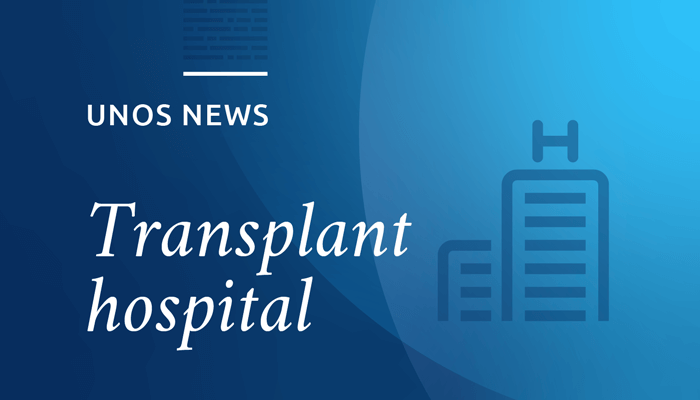Attn: Histocompatibility Lab Professionals, transplant program administrators, and OPO executive directors
Changes to the OPTN bylaws governing histocompatibility labs (histo labs) took effect on February 1, 2014. These changes were necessary because the previous bylaws did not accurately reflect the role histo labs play in organ allocation. Access the December 2013 policy notice to read a summary of the changes.
One specific change requires your histo lab to have written agreements with every organ procurement organization and transplant program you serve. You must be able to provide copies of these agreements upon request, and hospitals must provide UNOS with a copy of this agreement whenever they apply for a new transplant program.
Labs: Appendix C, Section C of the Bylaws indicates exactly what you need to include in the written agreement you send to UNOS for a transplant program.
Make sure you include the following:
- The sample requirements for typing and crossmatching.
- The loci and level of resolution typed.
- A process for requesting extended HLA typing.
- A process for reporting HLA typing results to the OPTN contractor (UNOS)
- A process for resolving HLA typing discrepancies and errors.
- The maximum turnaround time from receipt of sample to reporting of results to the transplant program.
- A process to obtain sensitization history for each patient.
- The frequency of periodic sample collection
- The frequency of antibody screenings.
- The criteria for crossmatching.
- The assay format that will be used for antibody screening and for crossmatching.
- The criteria for determining unacceptable antigens used during organ allocation.
- The duration for which specimens need to be stored for repeat or future testing.
- If desensitization is performed, then a protocol for monitoring antibody levels.
- If the laboratory registers candidates for the transplant program, then a process for blood type verification according to Policy 3.1.4: Waiting List.
- If post-transplant monitoring is performed, then a protocol for monitoring antibody levels.
Labs: Appendix C, section D specifies exactly what your agreement with your OPO must include:
- The sample requirements for typing and crossmatching.
- The loci and level of resolution typed.
- A process for requesting extended HLA typing.
- A process for reporting HLA typing results to UNOS.
- A process for resolving HLA typing discrepancies and errors.
- The maximum turnaround time from receipt of donor sample to reporting of results to the OPO.
- A process for prioritizing donors for histomacompatibility testing.
- The length of time for which donor specimens are required to be stored for repeat for future testing.
- If the OPO performs crossmatching, then all methods used for crossmatching and the interpretation and reporting of the results.
To keep up with all the transplant-related news affecting labs, visit Transplant Pro. Click the ”I am looking for” button at the top of the homepage and select Labs.

